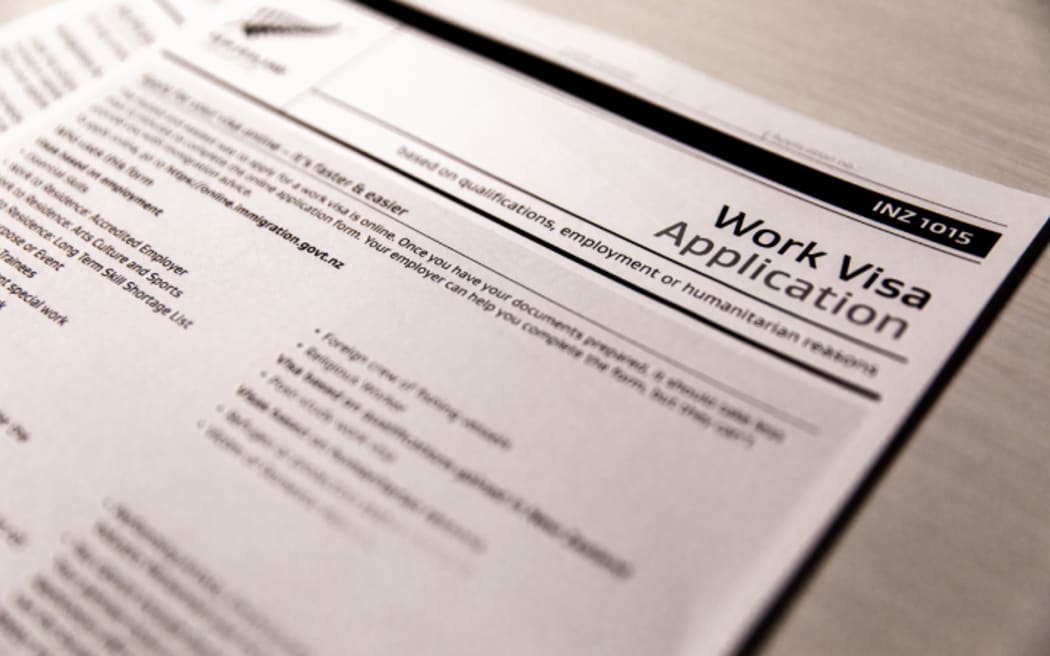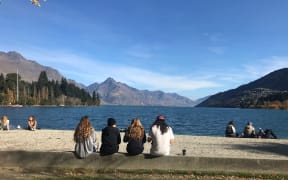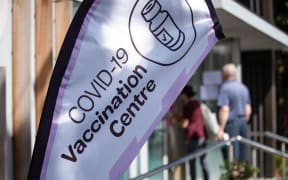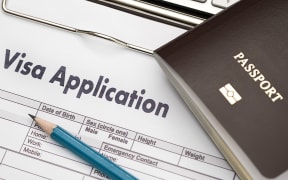Only 21 visas have been issued since accredited employer work applications opened more than five weeks ago and only two out of five businesses have reached the stage where a migrant can apply.

An immigration lawyer says employers were faced with high levels of bureaucracy and a hard-to-navigate online process for the work visa system. Photo: RNZ / Samuel Rillstone
Employers have applied to immigration to fill almost 30,000 vacancies.
Since the first stage of the visa (AEWV) opened in May, the majority of employer accreditations have been approved - 7883 out of 8723.
But the second stage - job checks, which opened on 20 June with a pledge to finish them within 10 days - has been harder. Three out of five applications have not been processed.
Of 4312 applications, covering 29,348 jobs, 1687 applications (12,403 jobs) have been finalised. Out of those 675 migrants have applied for a visa and three per cent have got one.
An immigration lawyer said employers were faced with high levels of bureaucracy and a hard-to-navigate online process.
Nick Mason said businesses were increasingly frustrated as they thought Immigration New Zealand (INZ) was nitpicking, and because the online set-up was inefficient.
"It's a bit of a wild west out there - there's a lot of questions going around which we're just not getting answers to. A lot of it is technical stuff, but the system doesn't seem to be able to cope. We're not sure how many, but with several employers their applications were lost, they just disappeared. A new platform that Immigration New Zealand is using - I use it every day and I still find it confusing. It's not user-friendly in the slightest."
Most employers had limited dealings with the MBIE business unit under the previous work visa process and it was coming as a surprise, he said.
"In the old days you completed your employer supplementary form and did your advertising and that was basically the end of your involvement - very rarely would the employer have direct contact with INZ. And now they are aware of the mire that you can get yourself trapped in.
"Many are coming to it for the first time and are not necessarily taking [immigration] advice because they've managed to deal with IRD and all that sort of thing by themselves. I think the level of bureaucracy that they're facing is not something they've generally faced before."
That was compounded by many new case officers at INZ, which had asked clients to be patient with its staff because they were still learning, he said.
For those employers who applied for accreditation back in May, the first two stages have taken more than 11 weeks - only 685 had reached the final hurdle of their migrant worker applying and 21 had visas granted.
Mason said the next unknown is how long that third stage of the process - the migrant's work visa - will last, given that the job check was only meant to take 10 days.
INZ said it had set up a dedicated freephone line for employers navigating the new system. It is also calling them directly for information they need to change or add at the 'job check' stage of the new visa.
"The AEWV policy is an employer-led work visa approach, which is new to employers and requires different behaviours," said INZ general manager of border and visa operations, Nicola Hogg. "Not only are employers learning how to navigate the new technology and AEWV policy, our staff are also learning how to process this new visa category while helping to educate employers on what is needed.
"As we work our way through assessing job check applications, we have identified some omissions and errors by employers in their applications, which is impacting our ability to process these applications within the 10-day timeframe," said Hogg.
"To assist employers as they adjust to the new AEWV policy, and recognising the current unprecedented labour market conditions, we have been reviewing our initial approach to ensure the AEWV application process is quick and easy so that employers are able to get the workers they need."
That showed typical errors centred on employment agreements and job adverts.
"For applications where further information is needed, we are taking a pragmatic approach, which includes outward calling to employers to help speed up the process and get the information more quickly. This will help ensure Job Check applications are assessed and decided faster, while providing employers with an opportunity to remediate any issues with their employment agreements prior to the migrant applying for a work visa."







